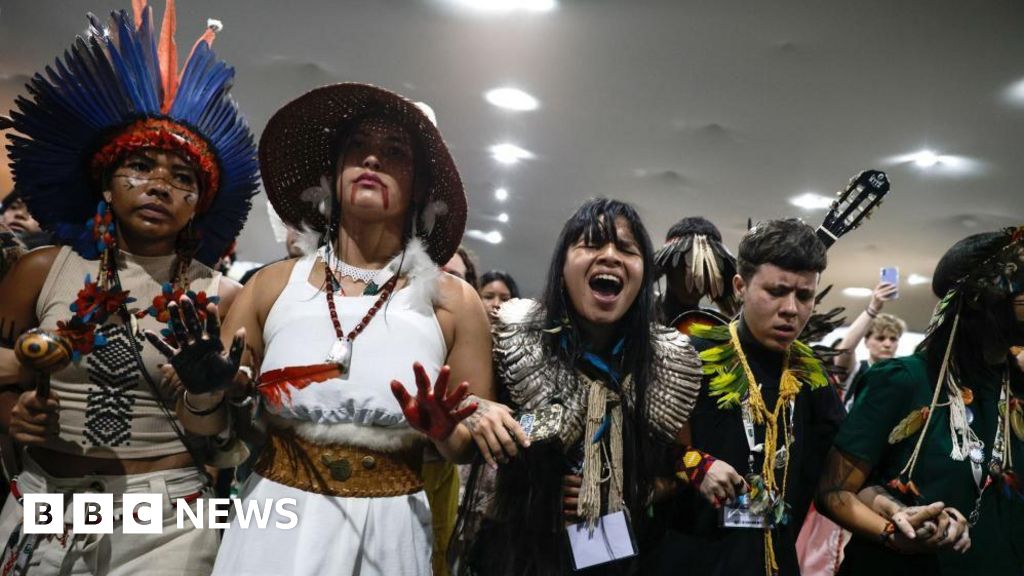The COP30 climate change summit in Belém, Brazil, is facing challenges as negotiations over fossil fuels and funding have stalled. While many indigenous representatives attended, their voices are perceived to be overlooked. Brazil aimed for a transition away from fossil fuels, but the latest draft agreement did not mention coal, oil, or gas emissions, which are primary climate change contributors. This has dissatisfied countries like the UK and sparked calls for increased financial support from wealthier nations to help poorer countries combat climate effects.
Brazil’s President Lula emphasized the need for a clear roadmap away from fossil fuel dependence. Despite support from many nations for such measures, oil-producing countries oppose them, advocating for technology-focused solutions instead. The draft agreement did call for tripling adaptation funding by 2030, but it remains unspecified where this funding should originate.
Brazil itself faces scrutiny for its plans to increase offshore oil production while simultaneously promoting clean energy transitions. President Lula has defended these plans as essential for generating revenue, despite facing challenges in getting global commitments to conservation funds. As the closing session nears, the likelihood of reaching a consensus diminishes with many delegates ready to leave.
Source link


